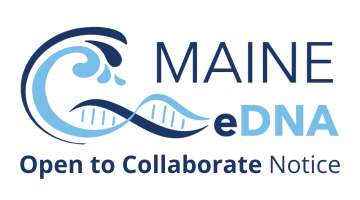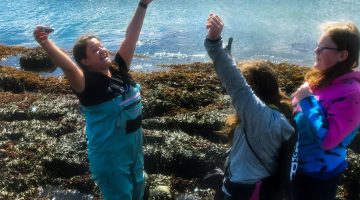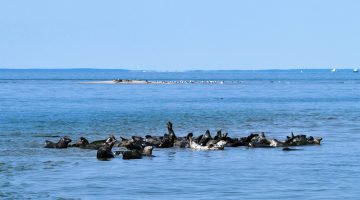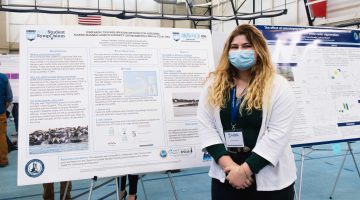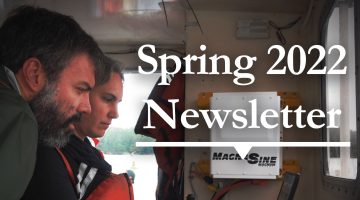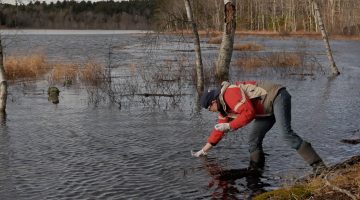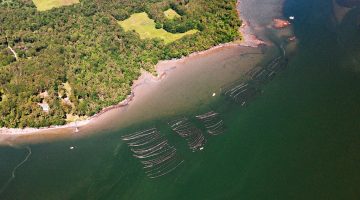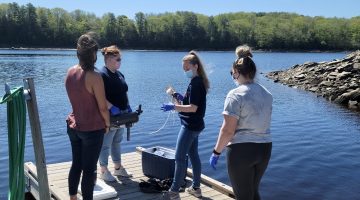Maine-eDNA Announces New Open to Collaborate Notice
Maine-eDNA is excited to announce a new Open to Collaboration Notice. This Notice from Local Contexts indicates the NSF EPSCoR Track-1 Maine-eDNA grant’s commitment to the development of new modes of collaboration, engagement, and partnerships with Indigenous people for the care and stewardship of past and future heritage collections. While the addition of the Notice […]
Read more
